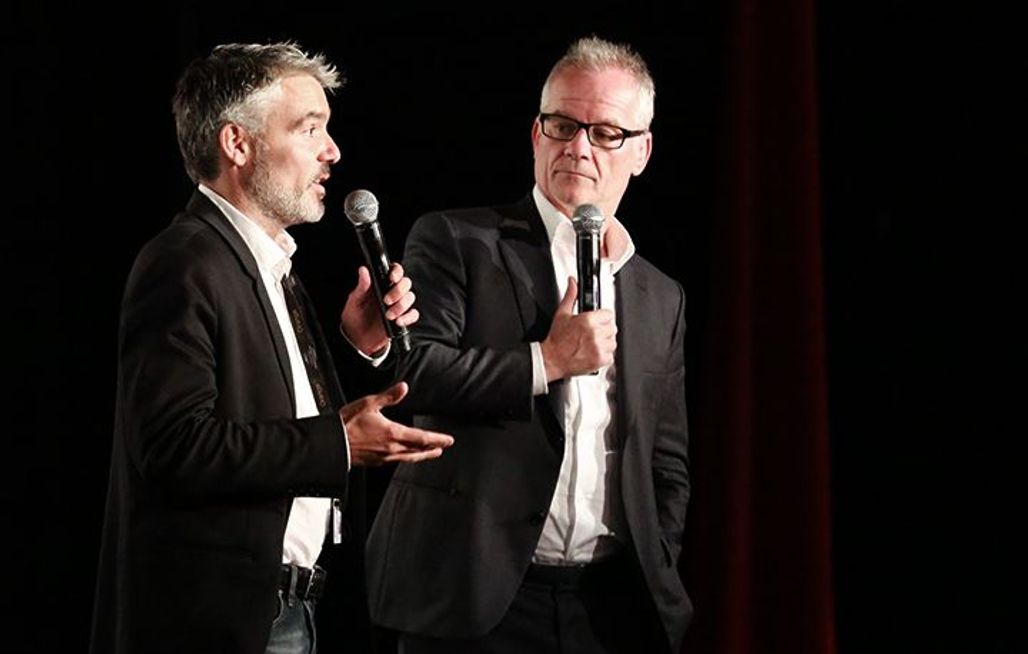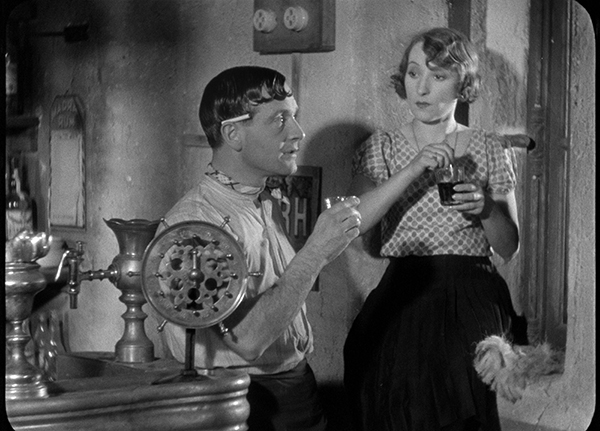
CANNES CLASSICS – Marius, the harmonious Pagnol

Adapted from the successful play by the author, Marius (1931) is the first part of a trilogy about Marseille directed by Marcel Pagnol. His grandson Nicolas discusses the film, which tells the story of a young man employed in his father’s bar.
Film still © RR
What incited Marcel Pagnol to adapt Marius?
In 1930, he went to see Broadway Melody by Harry Beaumont in London, which was the first film in the history of cinema to be made fully in sound. He understood then that cinema offered new possibilities in terms of writing. He met the boss of Paramount and convinced him. Alexandre Korda was chosen to direct the film and Marcel took care of directing the actors. They shot three versions of the film: French, German, and Swedish.
How was the film received?
It was a huge mainstream success. But the theatre profession came down hard on him. To them, he was a traitor. He especially had a big difference of opinion with René Clair, who saw silent film as the essence of cinema. To Marcel, dialogue was the leading factor. They were good friends, but later insulted each other in the newspapers. Marcel Pagnol wasn’t recognised as a great filmmaker until the 1950s.
The characters’ Marseille accents play an important role in the atmosphere of the film…
Especially as in the 1930s, Marseille’s culture was booming and was well-established in Paris. It delivered the accent as it was, in a time when France was not the same as it is today. Regions had much stronger identities and specific features. My grandfather used to say: “Universality is reached from home”. He never tried to reinvent art. The only filter was his personality.
What was the main concern with Marius‘ restoration?
Our biggest fear was the sound. It was made in the early days of talkies and the sound is in mono. The result is superb even if there are occasional small flaws. Photography enables us to rediscover the film. We’ve gone back to the original framing, which had been cut to 1:37. The negative was severely damaged. It took four months to restore.
Interview by Benoit Pavan
SCREENING
Thursday 21 May / Buňuel Theatre / 5pm
>> Access the interactive schedule



